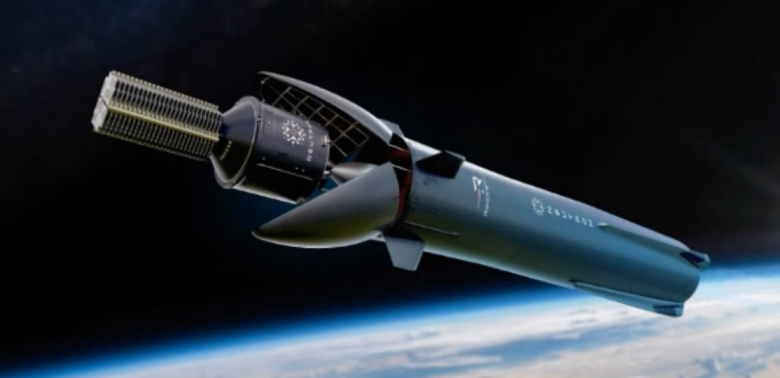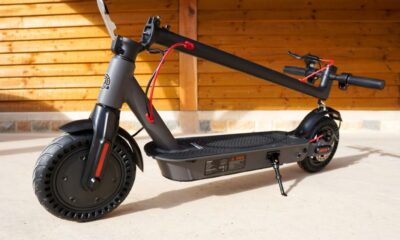Science
Rocket Lab Wins U.S. Air Force Deal for Neutron Cargo Test

Rocket Lab USA, Inc. has won a major contract with the U.S. Air Force Research Laboratory (AFRL). The deal will send Rocket Lab’s new Neutron rocket on a mission for the Rocket Cargo program. This flight will test how the rocket can carry goods around the world and safely return them. The mission is planned for 2026 at the earliest.
This contract is part of AFRL’s REGAL program, which stands for Rocket Experimentation for Global Agile Logistics. The goal is to explore fast cargo transport using space rockets. If successful, this technology could deliver military supplies to any place on Earth in a matter of hours.
What the Mission Will Do
Neutron will perform a re-entry test. That means it will carry cargo into space, then come back down and land with the cargo safely. This test is important for future missions, as it will prove that the rocket can deliver and return cargo quickly and safely.
This project supports the U.S. Department of Defense (DoD) plan to use space tech for military logistics. Rapid cargo delivery could make military support and disaster response faster and more efficient.
You can read the official announcement on Rocket Lab’s website and follow ongoing updates at VK News.
What Is Neutron?
Neutron is Rocket Lab’s next big step. It is a reusable, medium-lift rocket that can carry up to 13,000 kilograms into low Earth orbit. That makes it perfect for both government and commercial missions.
The rocket uses a special carbon composite body. This material is strong and light, which helps Neutron fly better and land safely. It is designed to return not only the rocket’s first stage but also the fairings in one piece. This makes it easier and faster to launch again.
Why the Air Force Chose Neutron
Sir Peter Beck, the founder and CEO of Rocket Lab, said that Neutron offers great value and performance. He said the rocket is built to be reliable, affordable, and easy to reuse.
“This is a big moment for Neutron and for U.S. space logistics,” Beck explained. “We’re proud to support the Department of Defense in making fast, global deliveries from space a reality.”
The U.S. Air Force’s trust in Rocket Lab shows their belief in the rocket’s potential. It also highlights how commercial companies are becoming more important in defense projects.
Launch Site Progress at Wallops Island
Rocket Lab is building Neutron’s launch site at Wallops Island, Virginia. This site is called Launch Complex 3 (LC-3) at the Mid-Atlantic Regional Spaceport. The facility is almost finished and is expected to be ready in the coming weeks.
Meanwhile, the company is testing all parts of the Neutron rocket. This includes the powerful Archimedes engines. These engines are built in-house and designed for high performance. Neutron’s first flight is scheduled for late 2025, and preparations are on track.
The Archimedes Engine
Neutron’s first stage has nine Archimedes engines. Its second stage has a single vacuum-optimized Archimedes engine. These engines use liquid oxygen and methane as fuel. This mix burns cleanly and supports rocket reuse. The engines have already gone through several full-scale tests.
Rocket Lab says these engines will give Neutron a strong and stable flight, whether it’s carrying satellites or military gear.
A New Way to Move Cargo Globally
The AFRL’s REGAL program looks to space as a faster way to move things globally. Traditional transport, like planes or ships, can take days. But rockets like Neutron could do the job in under an hour. That could be a game-changer for emergencies, disaster relief, or war zones.
If Neutron succeeds, it will be a new tool in the U.S. military’s logistics system. It may also open doors for civilian use, like emergency medical deliveries or international cargo services.
What Comes Next?
Rocket Lab will continue testing and building the Neutron rocket through 2025. The company says everything is on schedule for the first launch. The 2026 Rocket Cargo mission will be the key test for future plans.
As the space industry grows, more companies like Rocket Lab are joining forces with the military. This public-private model could shape the future of defense and global transport.








